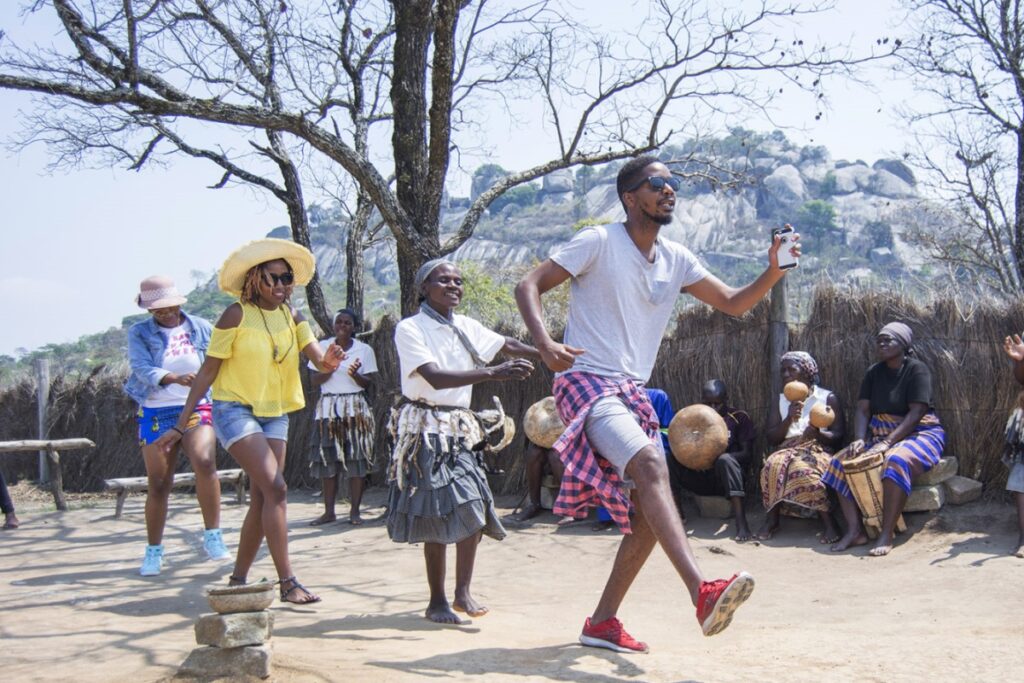Skift Take
Daniel Adidwa and Phakamile Hlazo are each building multi-day travel experiences in South Africa. Their stories highlight larger themes about what's next for the sector.
Misguided stereotypes often define inbound tourism to South Africa. Think: “exotic” safaris with Out of Africa, Lion King, or Tarzan themes — and poverty voyeurism.
Yet there’s increasingly a hunger for authentic, respectful experiences. A handful of emerging homegrown players look to feed that need, filling a market gap. But these rising entrepreneurs often find that getting the right marketing and distribution can be challenging.
“The trade needs to educate itself,” said Daniel Adidwa, a tour operator based in South Africa.

‘Poorism’ Experiences
Tour2.0, which Adidwa founded in South Africa in 2014, began as a platform to share African travel stories. It quickly became a venture curating experiences in local communities like Soweto and Alexandra in Johannesburg and Richfield near Pretoria.
The company now offers tours across 73 communities in South Africa.
But business is far from back to normal. The current booking volume is 38% of 2019 levels, despite increased trade inquiries for 2024. Most requests have been for private tours.
As his business rebounds, Tour2.0’s approach is centered on understanding customer preferences, leveraging trade relationships, and ensuring the authenticity of the experiences offered.
A post-pandemic challenge for Adidwa’s business has been transitioning from a distribution model relying too heavily on what he called “costly online campaigns” to forging travel trade partnerships with both inbound and outbound operators.
However, Adidwa has also found a distinct knowledge gap among foreign distributors about authentic tourism experiences. That has also been a hurdle to growth.
“Poorism experiences (tours to poor communities or townships) get clouded as authentic,” Adidwa said.
“If being in a community doesn’t unearth what makes a community unique or allows you to get exposed to something very different, something very human that’s surprising — then you’re pushing a stereotype that’s actually counterproductive,” Adidwa said.
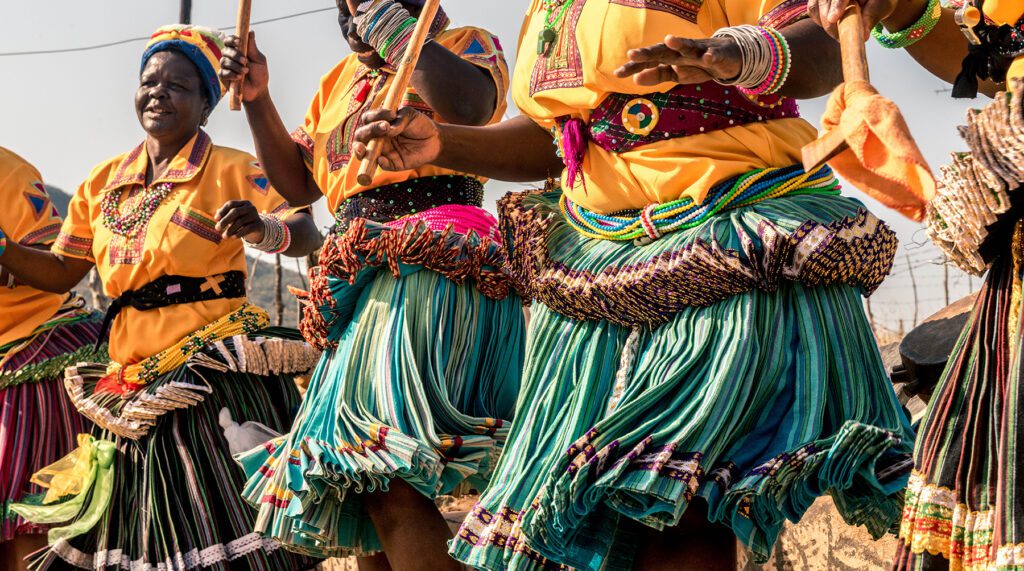
Community Creativity
Adidwa shared an instance involving developing a Walk, Talk, and Taste Tsitsikamma Tour along the Garden Route’s Tsitsikamma Mountains. Digging into the Khoisan history and cooking, the tour is guided by local artist, author, and historian Stanley Grootboom.
Adidwa explained the process of developing the experience was collaborative from the start, including local chiefs, dancers, and community members.
“Our goal is to highlight what makes each community unique. Inside this environment, granted, it looks like this. But did you know there’s an awesome music band that practices here?” Adidwa said. “This is the lineage. It’s creating stories underneath a community.”
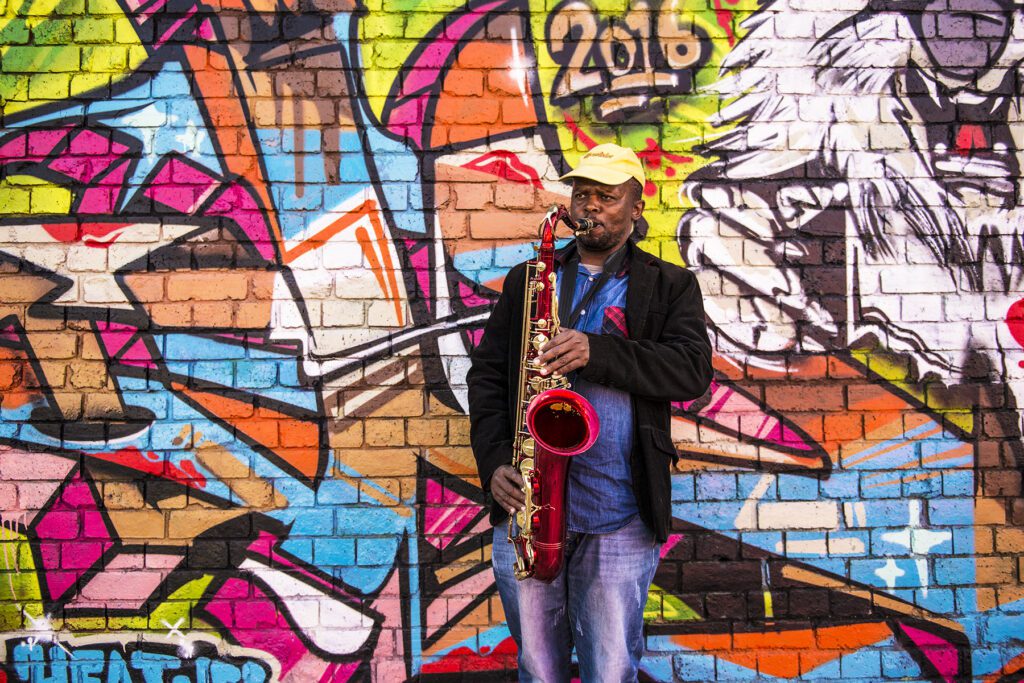
After drafting their itineraries, they are tested internally, refined, and presented to trade partners.
“This multi-tiered collaboration ensures that the end experience is genuine, enriching, and meets the standards of international clientele,” he added.
Travel trade operators he has worked with include Tourvest, Thompsons Tours, Gilt Edge Travel, Kuoni, and TUI.

Partnership Collaboration
Zulu Nomad is another rising tour operator — focused on bridging the gap between authentic tourist experiences and economic development for locals.
Zulu Nomad specializes in multi-day tours across Southern Africa. The company was founded by Phakamile Hlazo, who believes that as much as the travel trade lacks on-the-ground knowledge, grassroots experiences need help elevating their tour products.
Hlazo crafts itineraries that include the streets of Soweto and the landscapes of Clarence in the Free State, with tours offering a blend of cultural immersion and natural beauty.
While bookings are far off her 2019 levels, she has also seen more requests for private tour experiences.
“We are big believers in the fact that for every single tourist coming into South Africa, one of your first stops needs to be something that will give you context into our history,” Hlazo said. “Why things look the way they do, why some communities are better off than others, and what this means for the people you’re going to be interacting with and yourself as a traveler.”
One such experience includes a weekend of yoga in the Golden Gate National Park, followed by a visit to the Basutu Cultural Village.
“You eat their food and wear their blankets and take the photos and drink the traditional drink and get to ask questions of people in a very authentic way in a safe space,” Hlazo said.
“[It’s better than] asking questions online, where there’s no context, and then people are attacking you,” Hlazo said.
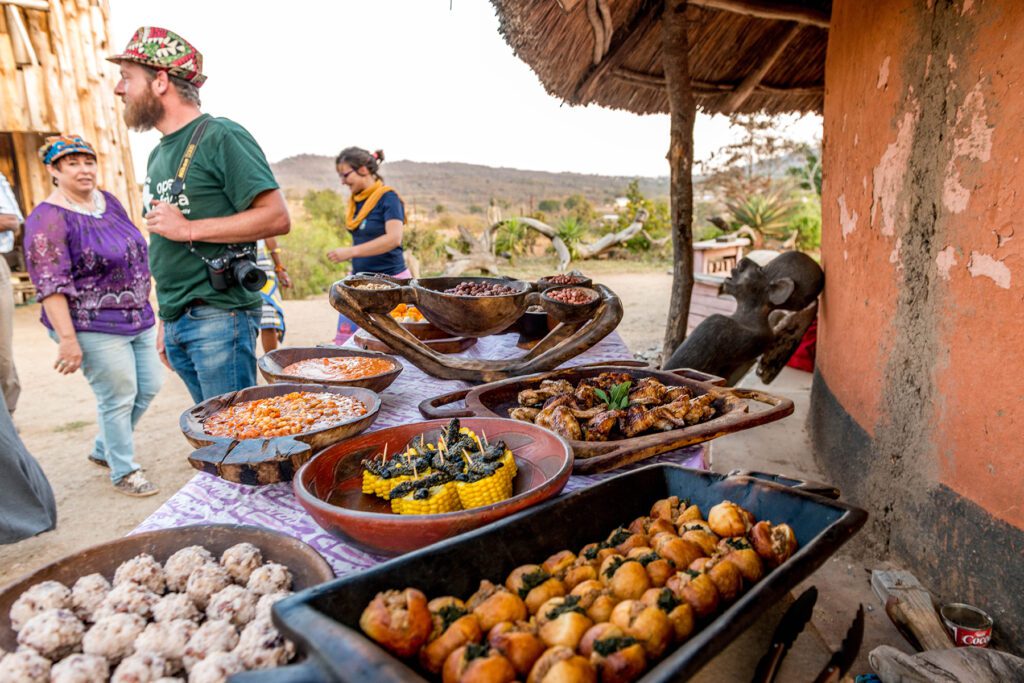
Teaching Communities to Use Natural Tourism Assets
An initial tour created for a solo woman traveler from Turkey left her client in tears at the end of it all.
“She only had six days,” said Hlazo. “We took her to Stoburg, Lesotho, Swaziland, and Mozambique. When you go into Lesotho, you will spend the night with a family that’s living out there in this beautiful setting in the mountains.”
These communities live in scenic surroundings, but they often have no idea how to use the tourism assets around them for their economic development.
“It’s very difficult for them to connect with an international tour operator when they’re on the sidelines of the traditional tourism value chain,” said Hlazo.”
“As a tour operator, she sees a deep connection with the communities she works with, speaking the same language and embracing the principle of “ubuntu” —”I am because you are.”
It’s this close relationship that enables her to tailor the quality of service needed to meet the expectations of international travelers.
“I’m able to go, ‘Hey Mama, you know, last night’s dinner — maybe it isn’t for this type of traveler,’ or whatever the case may be,” Hlazo said.
“I have the context of what it takes to take a product to the next level and make it attractive to an international millennial traveler,” she said.
It can be as simple as adding a hammock to elevate an experience, allowing the provider to charge a bit more. Or maybe they’ve got no internet connectivity, which can be fixed.
“You immerse yourself,” Hlazo said. “I’m about to spend the night in a hut, and I’m gonna sleep on the floor. Yes, they’ve got a makeshift bed for you. But it then builds that sense of empathy when you see someone from a rural area. They’re not just another person. You’ve got that sense of who this person is and what informs who they are.”
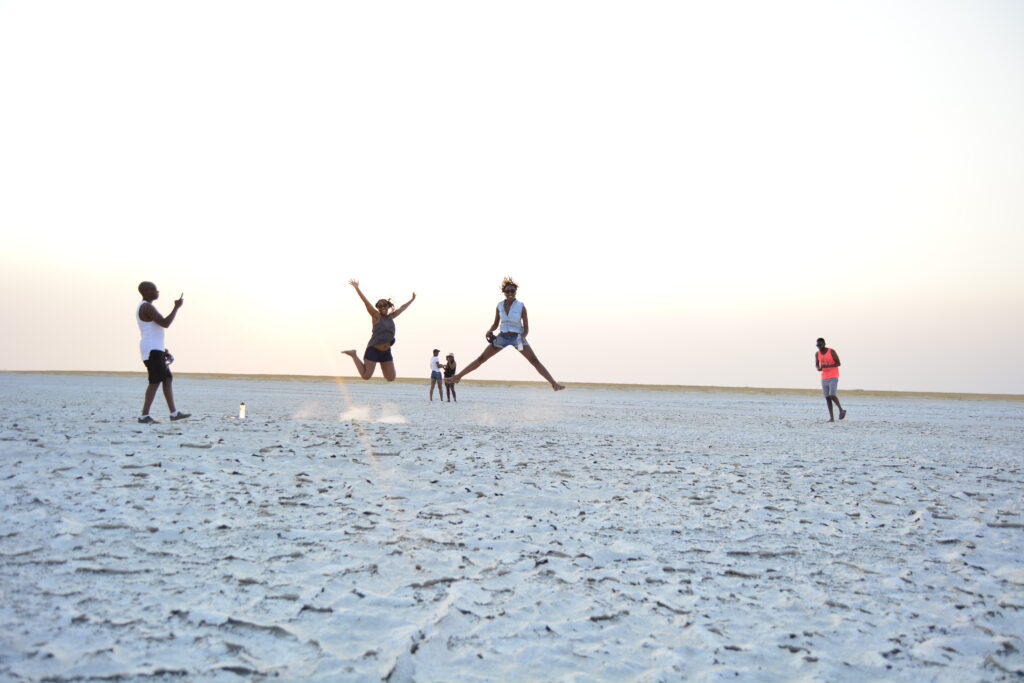
Booking and Distribution Insights:
- The majority of experiences form part of scheduled day tours for Tours 2.0. A popular tour is priced at $37 (R659 per person) with a margin of 35-40%.
- Scheduled tours that depart at specific times and end at specific times are seeing higher booking rates.
- Private tours are tailored for VIP clients who want flexibility in timing and exclusivity, accounting for 85% of the business year-to-date for Tour2.0.
- ZuluNomad is also seeing this trend, possibly influenced by post-pandemic preferences for private and exclusive experiences.
- Multi-day experiences range from 3 to 14 days and represent about 4% of bookings to date for Tour 2.0 — despite offering a higher margin through the packaging of accommodation, transfers, and experiences.
More context:
5 Ways Global Tourism Must Rethink Its Influence as an Industry
How a Women-Led Hospitality Team Is Paving a Path for Africa’s Next Generation
Accor CEO Advises Young Hotel Entrepreneurs on Scaling Up: WTTC Summit Video
Tags: africa, culinary experiences, experiences, mozambique, multi-day tours, responsible tourism, responsible travel, south africa, south african tourism, startups, tours and activities
Photo credit: Tourists can immerse themselves in local culture by eating traditional food, wearing local attire, and engaging in authentic experiences. Source: Zulu Nomad. ZuluNomad
